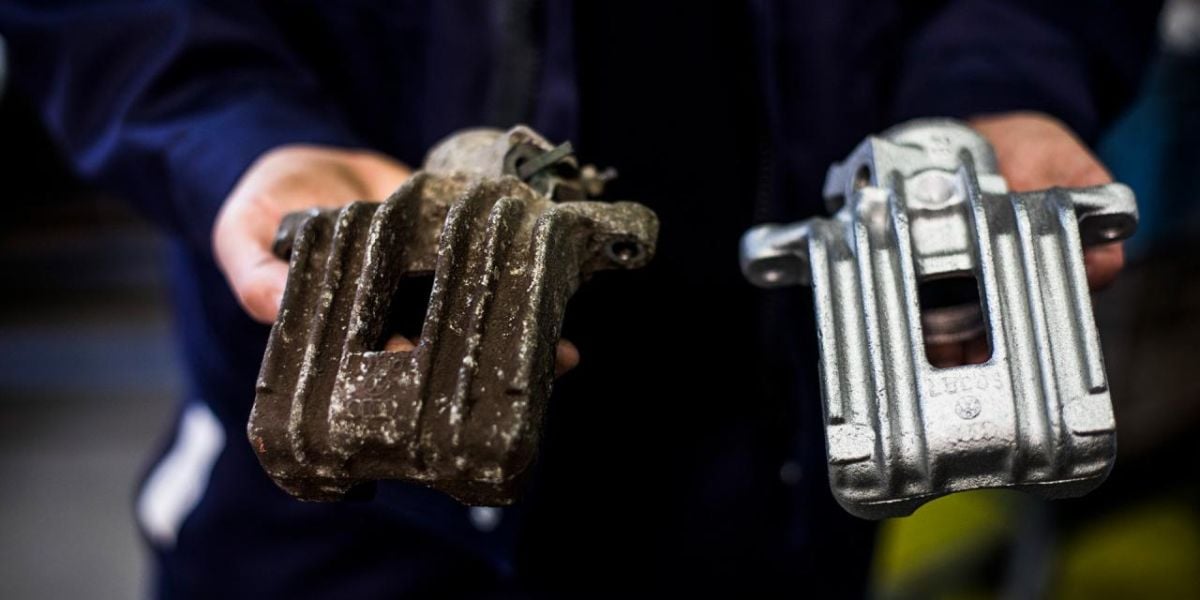From Laboratory to Factory Floor - the Potential of Reman in China
“The government is positive and encouraging,” says Shi Peijing, vice director of the National Key Laboratory for Remanufacturing. But he would like to see more done: for example, there is at present no requirement for government departments to purchase reman parts, although there are plans for this. Also, despite a relaxation of trading conditions in some areas, import/export restrictions on cores are hampering the industry somewhat.
Core problem
The main problem is that cores are often seen as waste products rather than engineering opportunities. “If we can break the barriers to cores it could be good for the industry,” says Shi. Founded in 2003, the laboratory is a hotbed of academic discovery: it has around 50 full-time researchers and over 100 PhD and MPhil students working across all areas of reman. It carries out vital R&D on reman technology, acting as a link between research bench and factory floor, working with the government on setting policy, determining inspection standards and so on. A labelling scheme for remanufactured automotive parts has been established. The main problem for reman in China is to convince consumers that its products are worth buying, Shi believes. “On the consumer side, we are still too far from learning about the benefits of reman,” he says.
A long way to go
“The heavy duty truck and engineering industries see reman is important – and if you can persuade those big companies then you have a large part of the market. But when it comes to small auto parts to end users, there is still a long way to go for consumer acceptance.” On the subject of the cheap parts which are manufactured in China – and therefore squeeze the market for reman parts – he says: “Because of over-production, some big OE companies are reluctant to get into reman.” While this is another potential barrier, he is confident that reman can overcome it – and he also sees interesting areas of expansion. “Now, China is mostly about reman of auto, where there is maybe less profit,” he says. “But there is the potential for marine engines. Reman has a lot of opportunity there. And also the chemical industry, although China hasn’t started that yet.”



